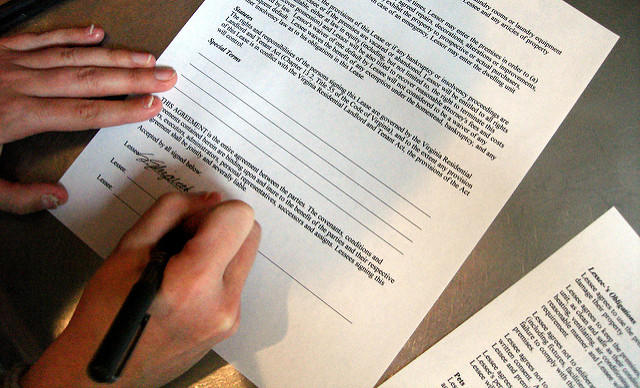
When you sell a property that’s not your only residence you will usually have to pay capital gains tax on it. But can you offset stamp duty against your capital gains tax? This could help to reduce the impact of the costs you need to outlay when you’re buying property.
What is capital gains tax?
Capital gains tax is the tax you pay on any profit you make on an asset like a property. You usually pay capital gains tax on property that: isn’t your first home; you’ve let out; you use for business; or if it’s more than one acre in size (including any grounds or buildings).
Offsetting stamp duty against capital gains tax
You can offset any stamp duty you paid originally for your property against the final value for the purposes of capital gains tax. When you calculate capital gains tax you need to calculate the tax based on the final sale or market value. If you sold the property for cheaper than its market value e.g. to a friend or relative, then you’ll need to calculate the value based on the current market value. This also applies to properties before 31st March 1982.
From there you need to deduct all the costs you incurred when buying the property. This includes stamp duty, legal fees and the original purchase price. Keep all the records of your purchase because you may need to provide these to HMRC to evidence your original purchase costs.
This will then leave you with the final amount you’ll need to pay tax on.
If you have made a loss you’ll be able to offset this against other assets.
Easily calculate your stamp duty
If you want to calculate what stamp duty you will need to pay on a property, you can do this easily with our stamp duty calculator. You’ll be able to find out how much stamp duty you’ll need to pay on buy to let or second properties which will also help you calculate what capital gains tax you might need to pay in the future.
Remember to keep records of your stamp duty payments so you can offset on your capital gains tax going forward.
dallas signing. by GYLo licensed under Creative commons 6

